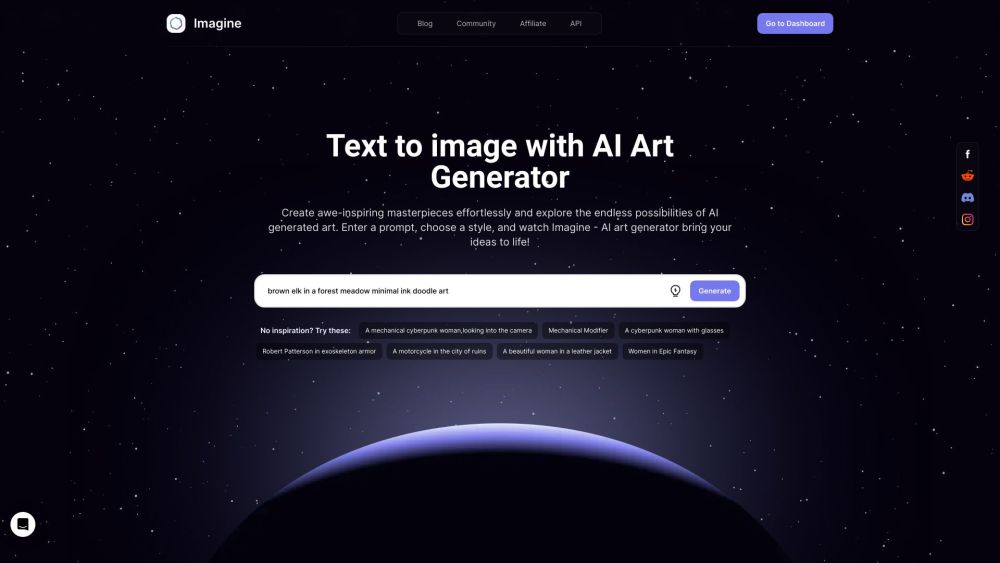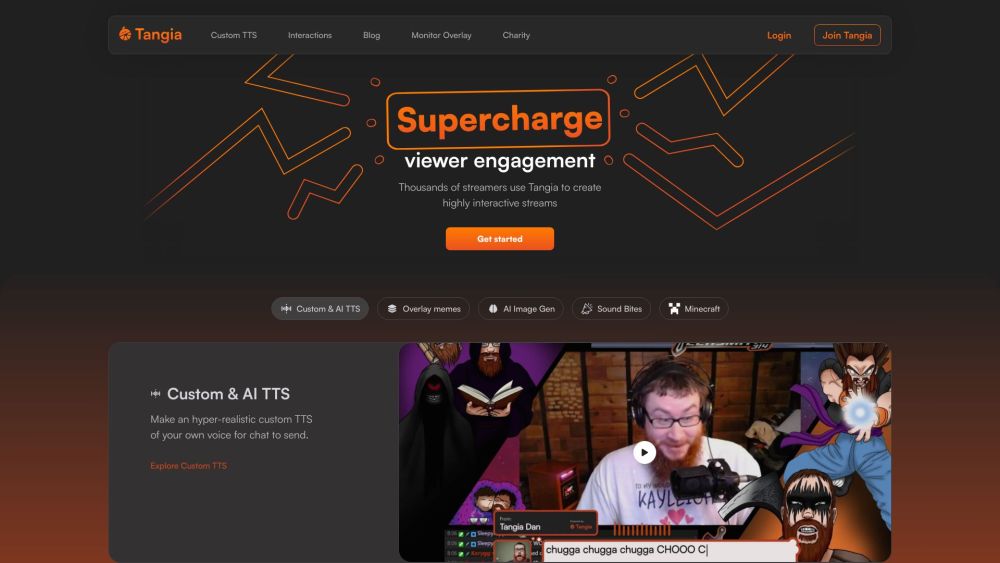The role of “solutions professionals”—including sales engineers, solutions architects, and consultants—centers on presenting complex enterprise technology to potential clients. This work is crucial to the success of B2B sales. However, as entrepreneur Dan Chen points out, solutions teams are often under-resourced and understaffed.
“Solutions teams lend technical credibility to the sales process and help customers clearly understand what they are purchasing and why,” Chen shared in a recent interview. “They are the unsung heroes of the business-to-business sales landscape, yet they frequently go unrecognized.”
Chen, who was formerly a partner at Andreessen Horowitz and Sequoia Capital and co-founded Hero—a Salesforce support app acquired by HR startup People.ai in 2021—believes that the future lies in AI, particularly generative AI. He teamed up with his friend Michael Graczyk (also a co-founder of Hero) to launch Quilt, a platform that provides AI assistants tailored for solutions sales teams.
“Two significant developments in 2022 enabled Quilt's creation,” Chen explained. “First, the market correction shifted the focus from ‘grow at all costs’ to ‘do more with less.’ Second, the debut of [OpenAI’s] ChatGPT in late 2022 sparked a wave of innovative products built on publicly available pre-trained AI models.”
Quilt’s primary offerings consist of AI-powered assistants designed to support solutions engineers with tasks such as completing proposals, addressing basic technical inquiries, and preparing for demonstrations. According to Chen, these assistants can efficiently handle security and due diligence questionnaires, respond to team inquiries via Slack, and summarize notes, calls, and research before client meetings.
While this may seem like typical workflow automation, Chen highlights that Quilt uniquely integrates engineers' expertise and has a better grasp of context.
“Quilt streamlines routine tasks for teams, allowing them to focus more on customer interactions and ultimately close more deals,” Chen stated.
Concerns about generative AI’s propensity to “hallucinate” are valid. Models like ChatGPT and Microsoft’s Copilot have been known to make errors, particularly in summarizing meetings. A recent Wall Street Journal article detailed an instance where Copilot mistakenly created participants and mischaracterized discussion topics.
However, Quilt’s AI can automatically populate forms and questionnaires using data from solutions teams and company databases. Chen asserts that Quilt is less prone to inaccuracies because it distinguishes between known facts and enterprise-specific information during its training processes.
“Many AI startups tend to downplay the issue of hallucinations and their potential to erode customer trust,” he remarked. “Sales teams are unlikely to adopt tools that generate fabricated information.”
Quilt also addresses data handling concerns. Surveys indicate that numerous businesses worry about privacy and security risks linked to generative AI. Major companies, such as Apple and Samsung, have reportedly restricted internal usage of tools like ChatGPT to protect sensitive information.
Chen reassures users that Quilt does not share data between organizations and provides an option to delete user accounts and their associated data upon request.
These commitments appear to have earned the trust of investors, as Sequoia recently led a $2.5 million seed funding round for Quilt, with contributions from angel investors affiliated with DataDog, HubSpot, DoorDash, Asana, Eventbrite, and a16z.
Although it's still early, and Chen did not disclose any Quilt customers, the seed capital will help the company expand its six-member team, enhance its market outreach, and fast-track the development of future solutions assistants.
“Over the next two years, generative AI will be a pivotal factor distinguishing top-performing sales organizations from the rest,” he predicted. “For large and complex products, solutions teams are essential to the sales process.”
Chen's perspective aligns with growing interest in generative AI across sales functions. A 2023 survey by sales execution platform Outreach found that 62% of sales teams are actively using generative AI for purposes like improving customer interactions, updating CRM data, and responding to proposals. Although 42% expressed concerns about the technology’s correctness, a significant majority believes generative AI could enhance productivity by optimizing existing processes.
“With the clients Quilt is partnering with, we are well-positioned to become the leading AI collaborator for solutions teams,” Chen concluded.






